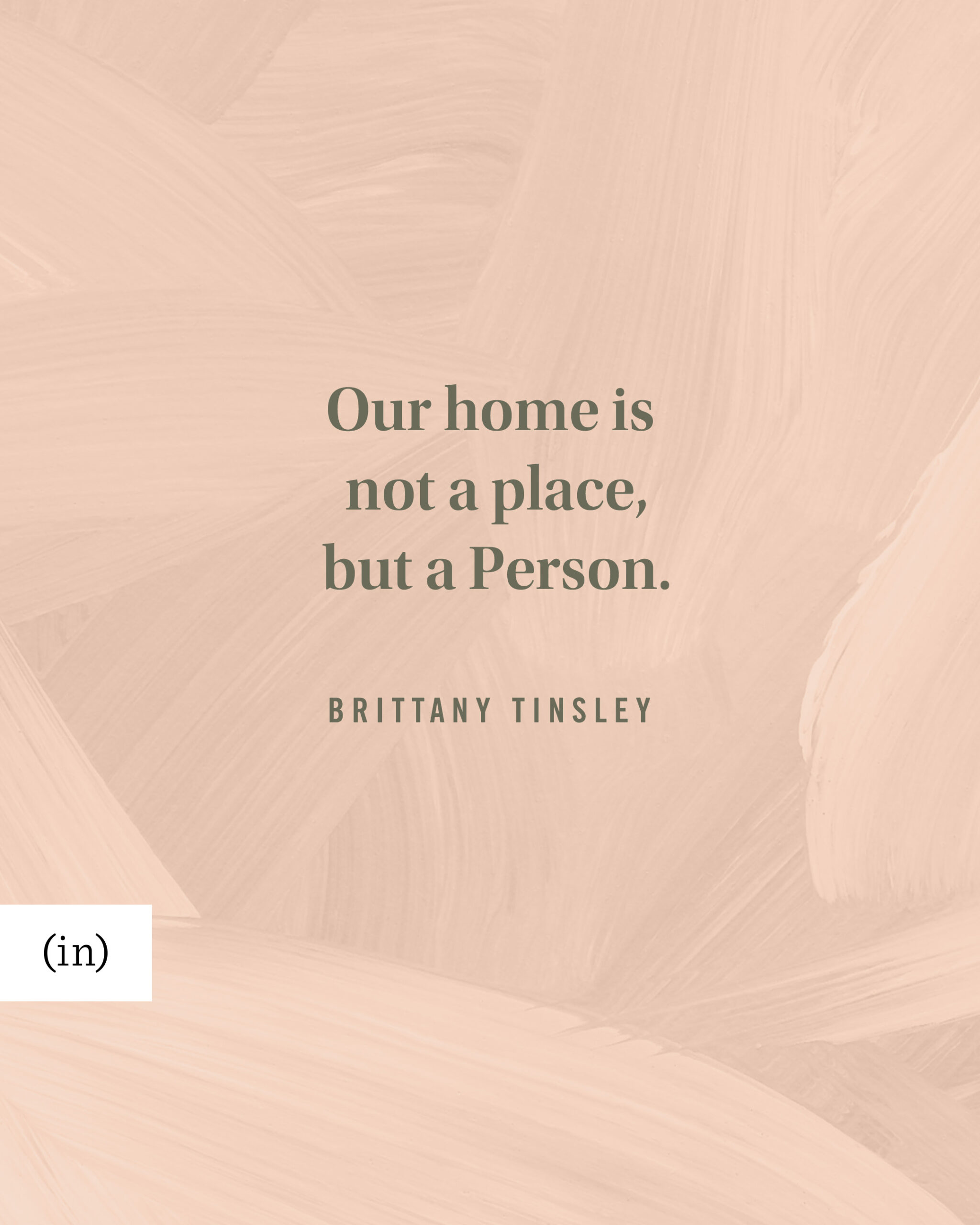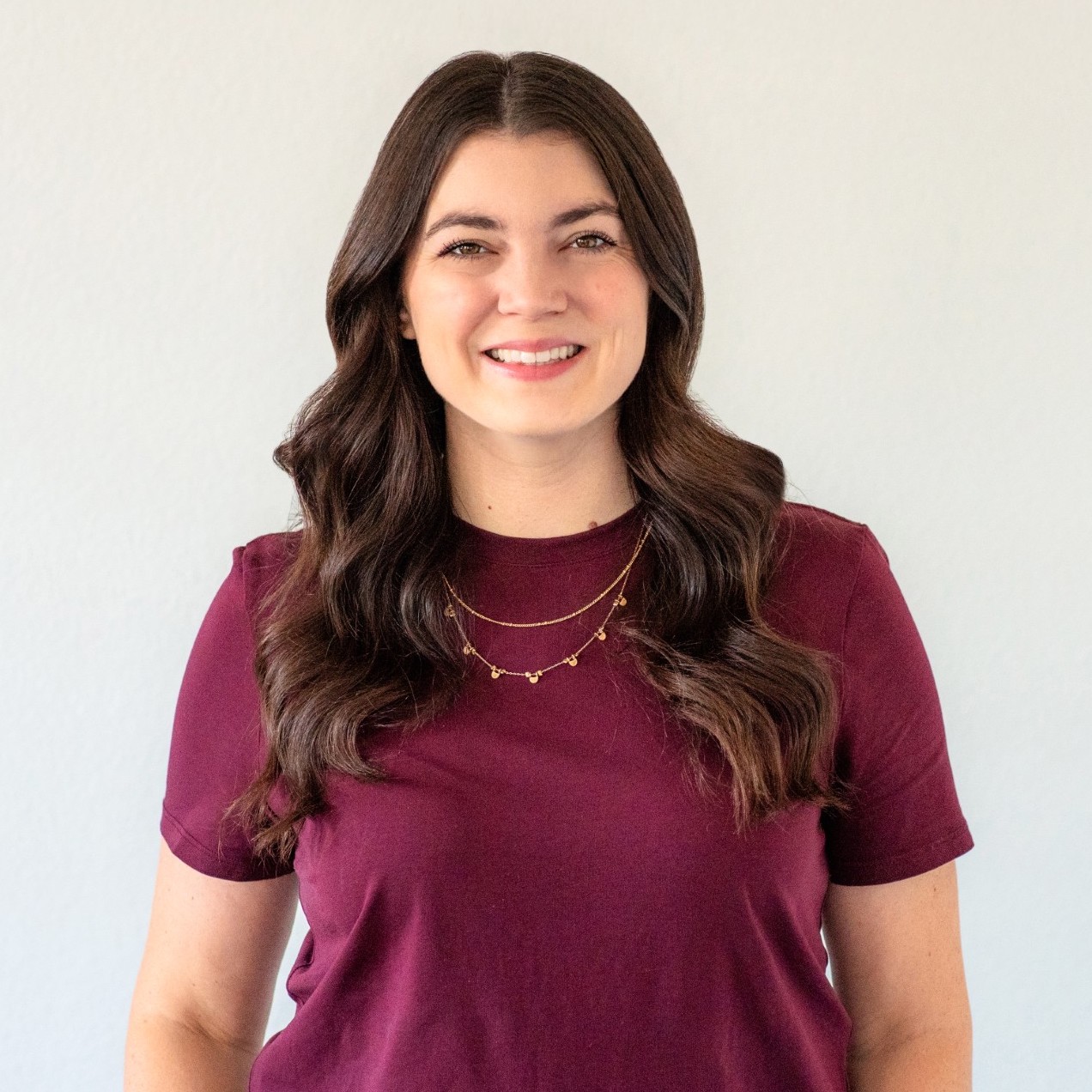When someone asks me where I’m from, I hesitate.
I’ve never quite figured out how to navigate the small-talk staple without it becoming a trick question. My brain kicks into overdrive as I mentally scroll through the list of possible answers. By birth, I’m from Georgia. By parental lineage, I’m from Texas. By personal preference, I’m from Alaska. To give any one of those answers wouldn’t be entirely wrong, but neither do any of them feel entirely right. Instead of naming a hometown, I’ve made a habit of plastering on a wry smile and announcing, “I’m from nowhere.”
Inevitably, my answer catches people off guard. Their eyebrows knit together and their foreheads wrinkle in confusion as they try to make sense of my response. For a split second, I wonder if I should have simply picked an easy answer. To do so, though, would be disingenuous.
Growing up as the oldest child in a military family, I spent the first eighteen years of my life bouncing around the United States. My mother, who spent most of her own childhood in a single house, minutes away from her grandparents, often lamented the constant moves my siblings and I endured. As a child, I didn’t fully understand the apologies she made. And, though I knew my life was different from the lives of most of my friends, uprooting every couple of years was the only way of life I’d ever known.
It wasn’t until I started college that I began realizing what I might have missed out on. During freshman orientation, when my new friends talked about the homes they left behind — towns they’d lived in most of their lives — I couldn’t relate. The house I’d left was one I’d lived in for a measly two years. I didn’t leave best friends; I left surface-level acquaintances. I didn’t leave a place that formed me, or neighbors that watched me grow up, or a community whose history I’d watched unfold. At best, my roots were shallow. I never learned what it means to belong.
My husband and I have lived in our current town for eleven years now — more than triple the length of time I’ve lived anywhere else. Even still, I get The Itch: an unshakeable sense that it’s time to move, to leave, to start over somewhere new. It’s what keeps me from hanging pictures on our walls or investing time and energy into decorating our home well. While part of me longs to settle in, to believe that I have created stability for myself, the truth is that I feel just as unmoored now as I did when I was a teenager.
Long before I began wrestling with what it means to have a home, Moses wrote about the same longing. In Psalm 90, Moses declares, “Lord, you have been our dwelling place in all generations” (Psalm 90:1 ESV). Moses knew what it was to live without permanence. He spent forty years in Egypt after being taken from his people as a child, then forty years as a shepherd in exile, followed by forty years wandering through the wilderness with the Israelites. Moses was always moving, never settling, never fully belonging where his feet were. And, yet, despite a lifetime of displacement, he named God as his dwelling place.
The Hebrew word Moses uses for “dwelling place” is מָע֣וֹן (maon), a word which can describe both physical and metaphorical places. For the Israelite people, a dwelling place was more than just a place of shelter and safety — it was also representative of an identity and community. Home wasn’t just where they lived; it was who they were and how they were known. In calling God his dwelling place, Moses invites all of us — whether we’re wanderers or not — to view home through a different lens. Our home is not a place, but a Person.
I think I’ll always tell people who ask I’m from nowhere, and I don’t anticipate that the tension between wanting to settle and wanting to leave will ever subside completely. But, if God is my maon, my dwelling place, then I’m not unmoored. I am not without a place of belonging. I am not without a home.
If you know God, no matter where you are, you’re home too.
Leave a Comment






I always admired the kids in my classes who had moved from somewhere else. They seemed more interesting, self-assured, exotic even. I thought I’d be too scared to make new friends in a new place & was glad my Dad only got transferred once in my school years. After my undergrad years I left for grad school 2 states away, took on a roommate I met over the phone & knew no one other than the administrators I met when I applied for acceptance. Looking back at that move I have to chuckle at who I’d grown to be that I did that so boldly. But it wasn’t me at all it was Christ in me! Home absolutely is a Person! Amen, Brittany! Blessings (((0)))
That was such a brave leap to make!
Thank you for this. I grew up on a farm in Kansas my whole life. After marriage we moved 30 times and as different seasons arise my husband wants to move again. Many times he tells me…this is it…our retirement home. Well I’m retired 2 years and he wants to move again. This time we will try “snowbirding”. I loved your devotional about HOME IS NOT A PLACE IT IS A PERSON. I will remember that when anxiety and resentment bubbles up. I will root and abide deeper wherever I end up.
That’s so many moves! May you feel God’s presence with you regardless of where you land.
I love this! God is our dwelling place…our home!
Absolutely!
Your devotion today really touched my soul. I too, moved to many states during my childhood. I have lived in southwest Michigan as an adult for half of my life and It is still hard to call it my home. Thank you for reminding me the God is my home. He is our creator, is love , and is everything. He truly provides a safe haven and shelters us from everything. Our own homes are filled with God comfort, joy and love!
You’re absolutely right!
You’re 100% right!
Brittany, I share your untethered history. I’m not from a military family. My dad just could never be content in one place for very long. We moved every year or two.
In the fall, I always get a hankering to move on. I’ve lived, with my husband, in the same town for 51 years and we’ve lived in this house for over 40 years. I find that traveling helps me with my wanderlust. Somewhat.
God is my dwelling place also. And it is well with my soul. Mostly.
I share your wanderlust! Traveling does help…some!
Dear Brittany………This is a very interesting devotional. I will have to look at it again, perhaps from a different perspective. I am 77 years old and have many very serious heartbreaking issues. I have moved 3 times in the past year and certainly is no where near your story, but everytime I think I am caught up, several more things drop on me. I have always known that God wants us to take a day of rest, preferably Sunday the day we go to church to worship with others. Sometimes that is fine and I do go to church, but I still have things that have to be done that day and not just cleaning my apartment or small things, but serious issues that I need to get done that day. Example, on Monday, in the Senior facility where I live there will be an inspection of every room and that is at least 100 apartments. I have been working hard to get my apartment in shape, but these inspectors LOOK for the smallest of things to get us in trouble. I will try today to get things right, but there are so many Rules you need to follow. I do not consider my apartment as home as I had to sell my home of 40 years due to problems with my husband and son. I thank you Brittany for your words. They were full of wisdom, so I will read it again. Sunday, I plan to go to church regardless and try to rest as I am very weary. It has been a difficult week for me. Prayer and love to you Brittany. I appreciate your devotional……………………Betsy Basile
Hi Betsy,
I’m so sorry things have been so difficult for you recently. I hope you’re able to find small moments of peace and rest this week. I’m holding you in prayer.
I can completely relate as I moved every 6 years as a kid. Not nearly as often as you, but the feelings were the same. I have longed to belong, to be like everyone else. The gift for me was that I had a lot of siblings and was strong in my roots and faith. I didn’t feel the need to conform to my peers’ wild behaviors in highschool. I knew who I was and what I stood for, I don’t think this is on accident. Moving helped me learn my best self, strengthen my faith and relationship with God, and kept my family ties strong.
I get the urge to stay somewhere forever like my husband did growing up, and I get the urge to move. It’s confusing but makes sense.
Our stories create us and I’m grateful for mine.
It’s interesting, isn’t it, how we can long for two contradictory things simultaneously.
Brittany, your article speaks to my soul. I have been struggling many times with answering “Where are you from?” question. The country I was born in doesn’t exist anymore. I have lived in different countries as well as in three different continents. I keep reminding myself that God is our dwelling place.
Thank you for the devotional.
God most definitely is our dwelling place!
I identify so much with your story. In the 4th grade alone I went to 3 different schools in 3 different states due to my Dad’s work. Then many moves with my first husband until I divorced him. I am 78 and live on a fixed SS income with my current and last husband. We have moved a few times, once from a subdivision, once to the country and due to his daughter and grandson moving in with us for 15 years had to return to the city to a subdivision I dislike intensely. But thankfully to the Lord we have good neighbors! But our church where we served faithfully for over 20 years kept moving to new locations and became very controlling and condemning, so we had to leave there also. We haven’t found a new home church yet. Still looking, but due to a debilitating back condition we are stuck here due to my physical condition and age. But I know I have a permanent home in heaven and look so forward to an eternity with Jesus, my wonderful Savior!
Wow! Three moves in 4th grade is a lot! And I’m sorry for the hurt you’ve experienced at the hands of your church. Thank goodness for a Home we can trust in.
Can totally relate!! My daddy was from VA, mom from Mass. I was born in the UK, graduated from HS in GA, spent most of my life in TX. Where am I from?
I am from God.
“I am from God.” Amen.
As a fellow ATCK, I can relate! “The Itch” is so real. But I’ve also found this picture of God as our dwelling place to very meaningful over the years. Thanks for the reminder!
Yes and amen sister! I moved for different reasons but learned this same lesson. God is indeed our dwelling place!